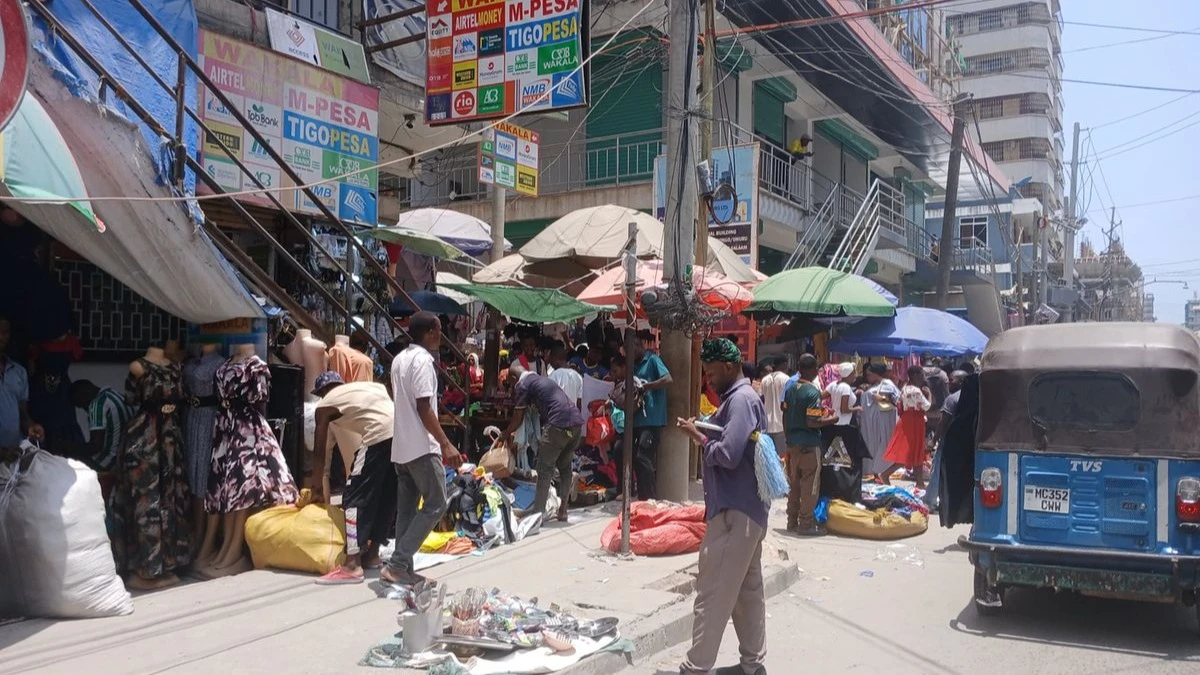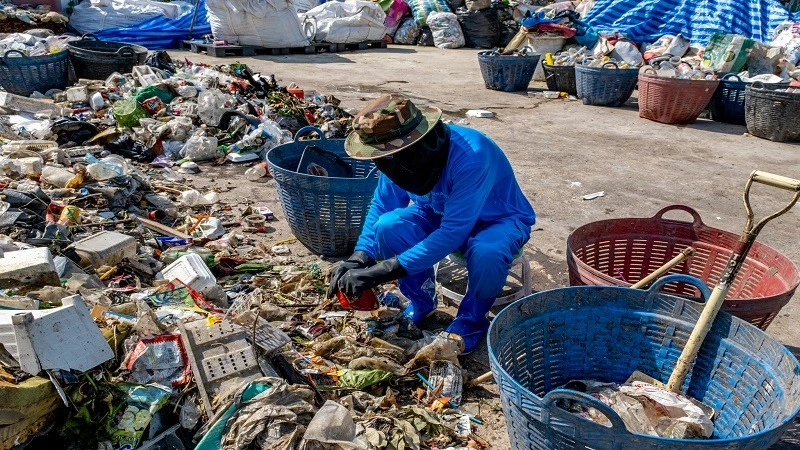Drug abuse control agents making gains, but ‘vicious cycle’ lives on

THERE is always palpable relief in various quarters when narcotics use control teams strike
It has happened yet again with the agency’s recent arrest of the suspected leader of illegal khat trade in the northern parts of the country derisively nicknamed Lady Dangote.
It was reported that national Drug Control and Enforcement Authority (DCEA) agents had for long been on the hunt for the woman, as she was apparently known as a major producer and distributor of khat allegedly with 30 years or so in the trade.
This clearly said something about the circumstances of her being arrested – not only that the hand of the law having finally closed in but also that resilience pays in busting trade in narcotics.
It does not need training in a seminary class of philosophy to grasp that what the DCEA commissioner general actually admitted was that it is possible to run illegal khat trade networks and manage markets for the produce even for decades without being caught.
It could as well imply that there was something that went wrong such that the suspect in question was put behind bars and that, if that is the case, there were chances of “things” being rectified and then it would be business as usual again.
It could be tricky making out whether it is drug enforcement that is becoming more active, for instance following conversations first by locating the communications tower the person used and then by tracking the respondent’s location.
What the DCEA chief was stressing relates to the work the outfit is conducting in order to wean communities off khat farming as they run risks with the law.
There was some meat for doubters, as the commissioner general confided that a similar operation was conducted in the very same district two years ago.
The spin was on providing public education and sensitisation in a bid to discourage khat farming and resort to alternative crops and livestock keeping. The lesson was learned only in part as those preferring khat farming to coffee are still numerous, or so it appears.
While enforcers destroyed a total of 217 hectares of khat farms two years ago, this time around the acreage had been cut by half, suggesting that the lesson had been seriously taken up.
Going by that, and assuming that the tempo will be maintained, that could come down to 57 hectares or thereabouts.
Whether this projection is uniformly applicable to the breadth of the country or it is specific to Same District is a different matter, though.
Should the tendencies vary, it could also suggest that people understand the lessons the law enforcers provide if other crops fetch good or bigger amounts of money.
Otherwise, if prices are disappointing there will be the possibility of cutting down coffee trees to plant khat and stay so for years.
That is why one sees a veritable vicious cycle first in the resolve by drug enforcers’ to catch suspects, as the longevity that the new suspect is ascribed is astonishing.
Again, chances of people abandoning khat production appears to be at most uneven or resurgent, though slightly pronounced tendencies of diminishing are similarly noticeable.
When one adds to this problems relating to the longevity of cases in court, admissibility of evidence or at times impromptu abandoning of this or that pursuit, chances of a vicious cycle in the fight against illicit khat or bhang farming are vast.
Top Headlines
© 2025 IPPMEDIA.COM. ALL RIGHTS RESERVED

















